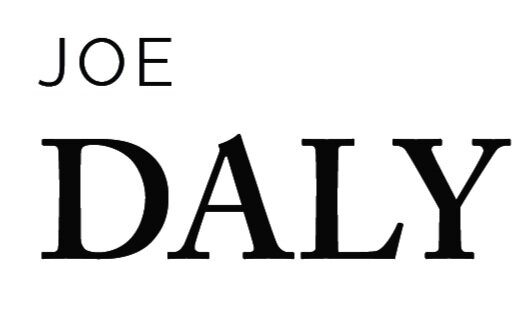The Locusts Have Landed: How Private Equity Is Gutting Southwest Airlines and Why You Should Be Afraid
For decades, Southwest Airlines stood as a bulwark against the nickel-and-diming, bait-and-switch, squeeze-every-last-cent mentality that defines modern air travel. Founded on principles of fairness, transparency, and a little Texas charm, the airline was a haven for the weary traveler sick of hidden fees, endless upcharges, and corporate smugness masquerading as customer service.
And at the heart of it all was Herb Kelleher.
Herb wasn’t just a CEO; he was a showman, a jokester, and a true believer in the power of keeping things simple and treating people with dignity. He once went on NPR to share his New Year’s resolutions, which included things like not wearing ties in the shower. He ran a company that didn’t gouge you, didn’t charge for checked bags, and didn’t make you feel like a second-class citizen if you couldn’t afford first class—because there was no first class. Everyone was equal, and you actually felt it when you flew Southwest.
Then, of course, the locusts came.
Private Equity firms have made their billions by employing a simple and devastating playbook: Buy a company, cut costs, squeeze revenue, drive up the valuation, and flip it for a profit, leaving behind a gutted husk. It’s a formula that’s worked in everything from retail (Toys ‘R’ Us, anyone?) to healthcare, and now they’ve set their sights on a major airline.
Elliott Management, the activist investor that recently sunk its teeth into Southwest, isn’t in the business of building things. It’s in the business of extracting wealth. They don’t create, they consume. They are financial engineers who see a healthy, beloved company and ask, “How can we make a few more decimal points of return on this?” The long-term health of the airline? The customer experience? The loyalty built over decades? All irrelevant in the face of next quarter’s earnings call.
And so, the first domino falls: checked bag fees.
Sure, at first glance, this might seem like just another airline losing a perk, but this is something much bigger. This is the gutting of an American institution. This is the start of the same process that has hollowed out countless companies before:
Free checked bags? Gone.
Assigned seating? Coming soon.
Reduced Rapid Rewards benefits? Already happening.
More fees for the same experience? Bet on it.
This is the first chapter in a familiar story, one where a business built on trust and simplicity is carved up for parts, its value extracted in the form of stock buybacks and executive bonuses while its loyal customers are left to wonder what the hell happened.
The outrage over the checked bag fees is valid, but it’s also a distraction. The real story is the existential threat that Private Equity poses to everything it touches. If they can do this to Southwest—one of the most beloved airlines in America—what’s next?
We’re not talking about some obscure biotech firm operating out of a two-story brick building in Cambridge, Massachusetts. This isn’t a boutique brand on the fringes of an industry. This is Southwest Airlines, one of the major players in U.S. air travel, a company that has been a lifeline for business travelers, musicians, and families for over 50 years. And now it’s being hollowed out for parts.
If history is any indication, Elliott will gut Southwest, make their money, and leave it a smoldering ruin, just another generic airline with high fees and low morale. By the time they cash out, the airline will be unrecognizable, and those executives will be sipping cocktails on a yacht, laughing at the rubes still waiting to board with Group C.
Herb Kelleher must be spinning in his grave.
Southwest used to be the airline that stood for something. Now it’s standing on the edge of a cliff, staring into the abyss of Private Equity greed.
Buckle up. It’s going to be a bumpy ride.


